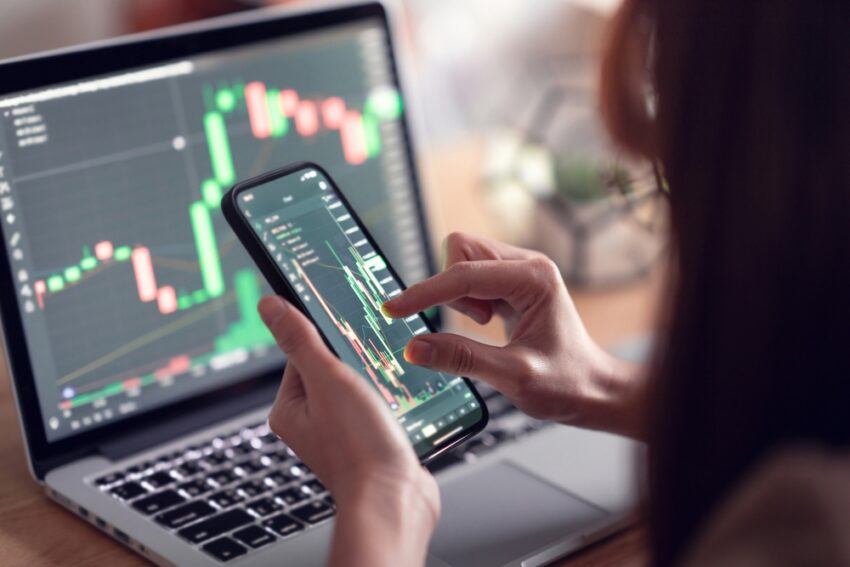Commodities are the raw materials that drive economies. They are the physical goods used to produce food, build infrastructure, power cities, and manufacture consumer products.
Traders have long been attracted to commodities because their prices are shaped by global supply and demand rather than just corporate earnings reports.
For beginners, understanding how these markets work can open the door to a wider perspective on the global economy. Since there are many traders interested in commodities, analysts working for the popular trading brand QuantExperts Group review and provide this guide.
Different Types of Commodities
Metals are among the most widely traded commodities. Precious metals such as gold and silver are often considered safe havens during times of uncertainty, while industrial metals like copper and aluminum are closely linked to construction and manufacturing cycles. When economies grow, demand for these industrial metals tends to rise, creating opportunities for traders.
Energy commodities include crude oil, natural gas, and heating oil. These markets are highly sensitive to global events such as conflicts, production cuts, and technological changes in renewable energy. Oil in particular remains one of the most actively traded commodities because of its central role in transportation and industry.
Agricultural and soft commodities cover products like wheat, corn, coffee, and sugar. Their prices are often shaped by seasonal cycles and weather conditions, which can create significant volatility. For instance, a drought in a major producing country can sharply reduce supply, driving prices higher.
How Traders Access Commodities
Traditionally, commodities were traded directly through futures contracts, but today many retail traders gain exposure through contracts for difference (CFDs). CFDs allow traders to speculate on the price movements of commodities without owning the physical asset. This makes it possible to take positions on markets like oil, gold, or copper with smaller amounts of capital and without worrying about storage or delivery.
QuantExperts Group offers access to over 160 CFD assets, including a range of commodities such as oil, gold, and copper. By including commodities alongside currencies, indices, and equities, the firm provides traders with tools to diversify their portfolios and react to global events in different markets. While the company makes these instruments available, it also highlights the importance of understanding the risks of leveraged products and practicing responsible trading.
Why Commodities Matter
For traders, commodities are more than just another market to speculate on. They reflect the heartbeat of the global economy. Rising demand for copper can indicate expanding infrastructure projects, while moves in crude oil prices often signal changes in energy policy or production levels.
QuantExperts Group experts explain that commodities can help traders diversify beyond traditional assets. When stock markets fluctuate, commodities sometimes move in the opposite direction, offering balance to a portfolio.
Final Thoughts
The commodities market may seem complex at first, but with a clear understanding of categories and drivers, beginners can see why these assets remain central to global trade. From metals to energy to agriculture, each segment offers unique insights into economic health and investor sentiment. By learning how to interpret these markets, traders can approach them more confidently and make informed decisions.


